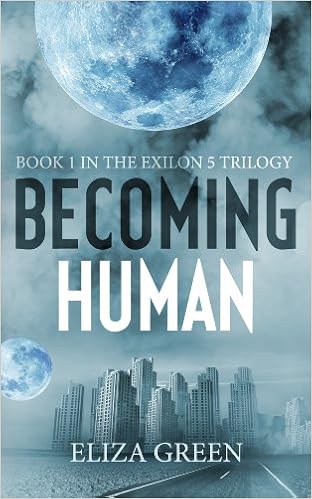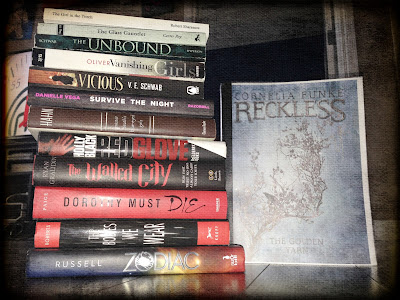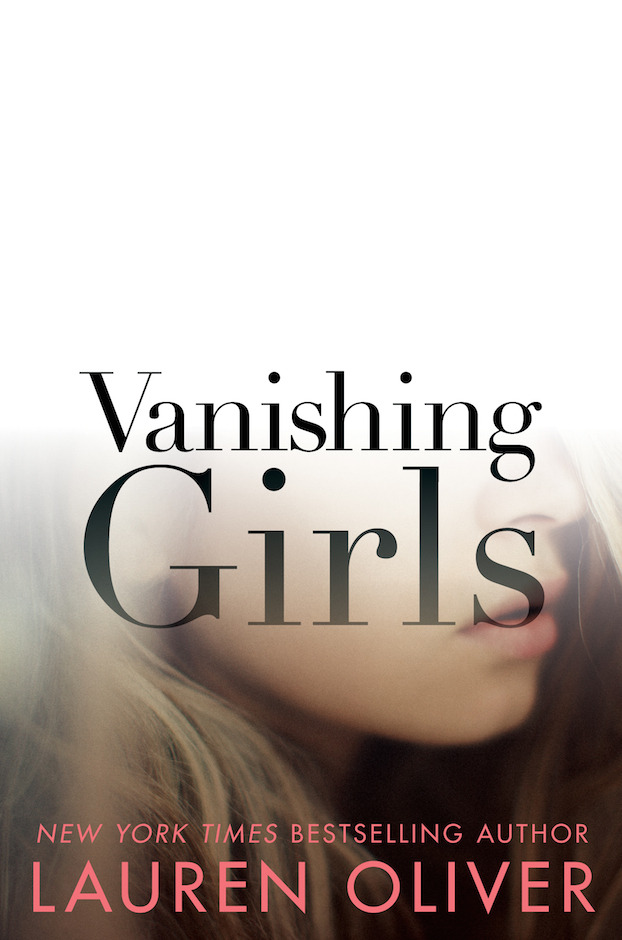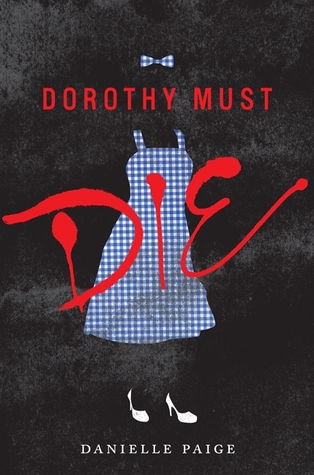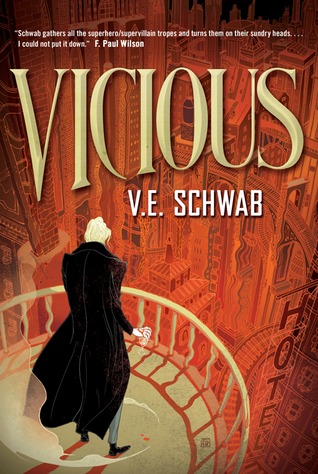But if you’re excited to control every aspect of your work and don’t see giving up spare time as that big of a deal to do something you love, then I’d say go for it!
Here are my top ten tips if you’re thinking of getting into self publishing.
1: Don’t publish unless your work is polished.
If you’re at the drafting stage, consider these statements
- I have completed a first draft, and to be honest, it’s pretty good.
- If I complete several drafts of the book myself, I’ll be ready to publish straight away.
- I don’t believe in reviewing my work too often because I will only ruin what I have written.
If you identify with any of these statements, then you’re not ready.
What about beta readers?
- I don’t need to use beta readers because nobody knows my work better than me.
- I’m a reader so I can analyse my own work.
- I’m not ready to hear their criticism.
Beta readers can be crucial to identify structural issues within a story. If you agree with any of the above statements, you’re not there yet.
2: Hire professionals
Buying your mother a cup of coffee and a slice of cake in exchange for their feedback does not count as hiring a professional. I’m talking about using editors from reputable lists. Good places to check for editors in the UK is www.sfep.org.uk In the US, www.the-efa.org is a good start. Another is a service called www.reedsy.com. You set up a profile and it allows you to connect with dozens of industry professionals in one place.
3: Join writers groups
I’m part of the Alliance of Independent Authors or Alli for short. Membership prices vary depending on whether you’ve published a book or are an aspiring author. It’s a great place to meet like-minded writers and learn a thing or two in the process.
www.allianceindependentauthors.org
4: Learn the business
Self publishing isn’t just about writing, it’s also about branding, marketing, selling, product placement, setting the right price. Who is your target audience? What’s your online voice? How do you want to come across to your fans? You may not feel comfortable with the idea of handling everything yourself, but in the beginning you have to learn. Start off small and learn as you go. If you’re hiring people because you’re afraid to give social media a try, then that’s a bad business decision. Check out any author profile and you’ll see they do almost everything themselves.
Go to the London Book Fair and/or Book Expo America and attend as many author-centric events as possible. Network, listen to the panel discussions. Bring a notepad and take as many notes as you can. Sure you can learn plenty from the internet, but there are real opportunities in networking. I’ve connected with some great authors at these events. Kobo and Amazon are also usually floating around at these conferences and looking to connect with authors.
4: Build your platform
These are some of the websites/programmes I used to help build my platform;
Wordpress.org or Wordpress.com – Great for setting up a website or blog. Wordpress.com is the free version but is also the most limited in what you can do with it. There are plenty of free templates and everything’s easy to design.
Blacknight.com – I purchased my domain name from here. My recommendation is you buy your website domain rather than accept a free wordpress.com one. You want to own your domain for one simple reason: it’s yours. If Wordpress.com ever packed up one day and you have one of their free domains, you’ve lost your website. www.blacknight.com
Hostgator – I use Wordpress.org for my site and if you plan on doing the same, you’ll need to host your domain somewhere. There are lots of others but Hostgator is reasonably priced. With Wordpress.com you host directly with them. www.hostgator.com
Canva – A free design tool for designing promotional material and images www.canva.com
BufferApp – A free scheduler allowing you to schedule up to 10 tweets/posts for Twitter and Facebook. There’s also a paid version that allows you to do more. www.bufferapp.com
5: Only spend money on things you need
If you’re starting out, these are the essentials;
Website – Domain, hosting site if using Wordpress.org, otherwise you can use Wordpress.com for free and pay a minimal fee to wordpress to host your own domain name there.
Social Media – All free to set up. Choose where you want to be active. Don’t spread yourself too thin.
Editing – At a minimum you should be looking at copy editing and proofreading. Depending on how well you can self edit, the cost for these services will vary. To reduce the cost, learn how to self edit well. This book is on my shelf.
Cover Design – I use Design for Writers and they’re very reasonable for around 250-300 dollars. If you can only afford $30, use a premade cover. Please do not design your cover unless you’re a graphic designer. Bad font and poor imagery can kill sales. www.designforwriters.com
These are the desirables
Virtual assistant – Only hire one if you’ve a good handle on your business and you know what you’d like a VA to do. Otherwise it will be money down the drain.
Agent – Why would you hand 15% of your profits over to an agent? If they were looking at film options with a studio or foreign language deals or print deals with publishing houses. Otherwise don’t bother, and don’t let anyone talk you into taking on an agent. Remember when I said learn the business? Learn the pitfalls as well.
6: Accept the bad days and embrace the good days.
Then move on. You’re going to feel crappy some days like all of the effort isn’t worth it. If the feeling lasts a day, then you’re in self publishing for the long haul. Equally, revel in the lovely comments/reviews you get from fans and move on. You’ve got writing to do!
7: Collaborate more, self promote less
Work with other authors. Respond to their requests for help. Make your blog available for guest posts, interviews. Be a stop on a blog tour. Do not shamelessly self promote your work on your social media channels or blog. Instead pepper it lovingly into a schedule you can time-manage.
8: Write, publish, repeat
So you’ve got one book. What now? Write the next one. You are not going to reach your long term goals of writing full time with just one book. This is about building trust with your readers and if they see only one book on offer they may not take you seriously.
9: Stop waiting for that traditional deal
If you’re getting into self publishing because you’ve been rejected multiple times and feel a little revenge self-publishing is due, then don’t do it.
Before I made the decision to self-publish I spent a year—or more, it can take 6 months for some agents to come back to you—sending out my manuscript to agents and traditional publishers. The closest I came to an acceptance was when The Blair Partnership (representing J.K. Rowling) requested a full MS after I’d sent them a partial. It didn’t go anywhere in the end, but I came to the conclusion that traditional publishing wasn’t really for me. You see I wanted full control over what I did, not sit around waiting for someone to tell me when I could publish. I believed in my story and it had been sitting on my computer for too long. I needed to get it out there and test it on the readers.
2013 and 2014 were slow in terms of sales, but last year I saw an increase in my sales and an explosion in the first two months of 2016. I can confidently say I’ve earned more money self-publishing than I would have with a traditional deal. And I haven’t even scratched the surface. But none of that happened without investment and sacrifices I made since 2009 when I first began writing.
10. Don’t quit the day job
I’m still working full time, even with the better sales. This year I am finally considering moving from full time to a part time role. I’m just too busy with the writing and I need to spend more time on it. So my advice is don’t quit anything until you’re confident your bottom line (i.e. your steady sales) can pay your bills comfortably. Editing and cover design isn’t cheap but it’s essential and you need money for that.

